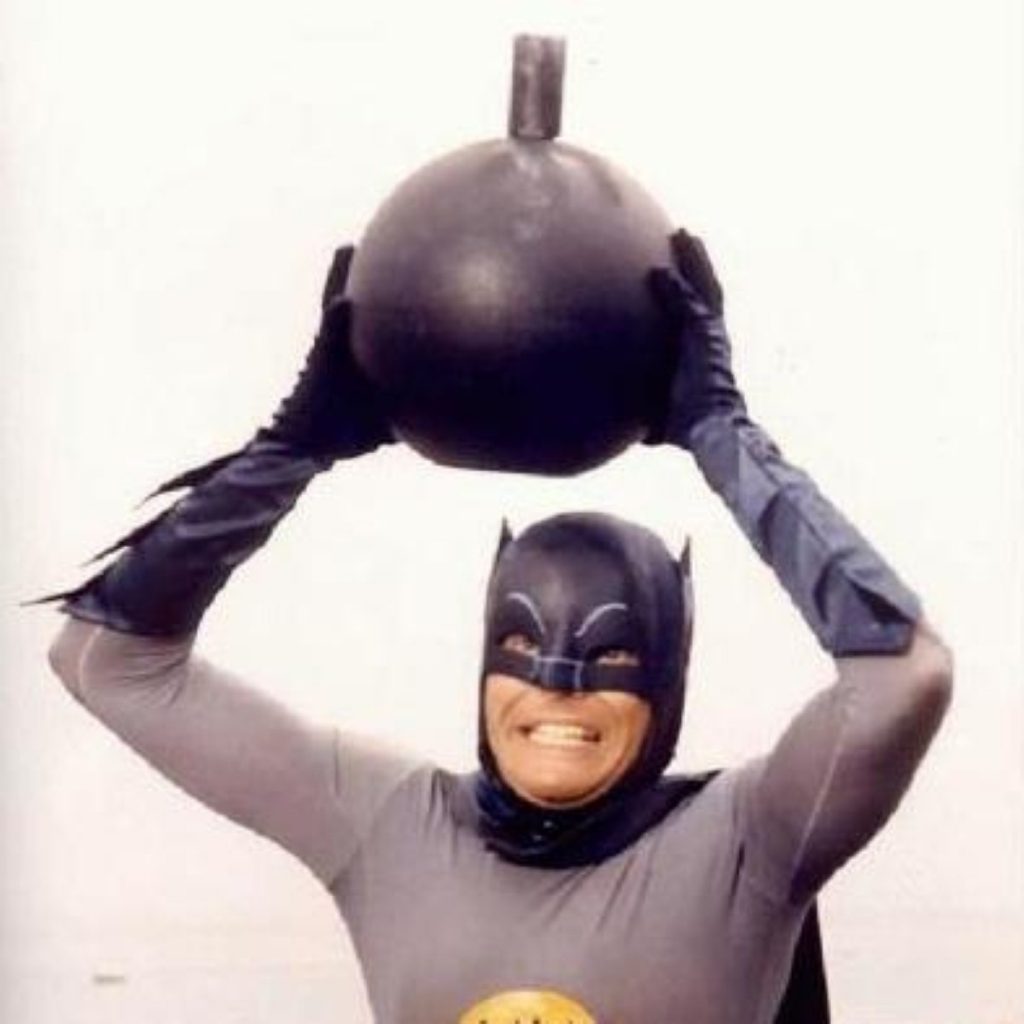The week in politics: A bomb under the table
The Eurozone is about to blow your face off. No need to panic.
By Ian Dunt Follow @IanDunt
"There's two people having breakfast and there's a bomb under the table," Alfred Hitchcock used to tell his devotees. It doesn’t matter whether the bomb goes off or not, he explained. The scene will be filled with tension regardless.
Well, the western world is eating breakfast, the Eurozone is under the table, the scene is duly filled with tension and it's about to blow our faces off.


Every month Angela Merkel and Nicolas Sarkozy put on another embarrassingly unconvincing performance in front of the cameras, assuring everyone everything will be fine and then promptly retreating to their rooms so they can chew off their own hands. The markets rally for a couple of hours and then return to their hysterical breakdown. Across the Atlantic, President Obama is trying to get a stimulus package agreed with people who will only agree to the state doing things when the thing in question involves electrifying someone to death. You can look left or right. It don’t look good.
All of which makes the situation at home somewhat irrelevant. Ed Balls has a smirk that suggests he's right about the deficit – either that or Yvette fed him a young child for breakfast this morning. George Osborne's gleefully disdainful expression suggests otherwise, although the chancellor is becoming so weird his features appear increasingly disconnected from his inner thoughts. If the rest of the world economy goes down the toilet it won’t make much difference which of them was right.
That realisation lent an apocalyptic tinge to events this week, as union members met in London to plan a 'mass movement' against cuts – a movement which would kick off with a nationwide strike over public sector pensions. Ed Miliband travelled down to the event for the annual Labour leader/trade union sado-masochism ritual. The media likes to call it 'tough love', but the ritual humiliation and bullying of someone you are politically and financially reliant on is not love: it is clear-cut sexual depravity. Each heckle from the hall saw the Labour leader visible relax.
Meanwhile, back on planet earth, unemployment rose by 80,000 in three months and the IFS warned that living standards were dropping like one of those animated bombs in the Road Runner cartoon. It finally appeared to have had some impact in government, although only in the most predictably superficial way possible. On Wednesday, Clegg made an interesting speech alluding to a financial stimulus but not actually announcing it. Infrastructure programmes would be streamlined, he said, but no new money would be released for them. It was like Roosevelt's New Deal if he had decided to throw out the economics, put on a dress, and do us a dance instead.
Somewhere in all this the banks were supposed to be stopped from ever causing a mess again. You can always tell the effectiveness of bank reform in the UK by whether it exists or not. The banks would never allow Osborne to actually change the way they do business, so the fact the reforms are being pursued shows they must be useless. Anyway, a 2019 timetable saw many a furrowed brow in the City smooth itself out.
Miliband tried to take that bomb under the breakfast table and put it delicately under Cameron's backside during PMQs, which turned out to be a one-all draw. The duel's one remarkable moment came when the leader of the opposition made an S&M joke, and not even a very good one, at the chancellor's expense. When something is at the chancellor's expense, however, it pays to lower the bar.
The real party-political skulduggery wasn't taking place in the theatrical surroundings of the Commons, but in the gloomy corridors to the side of it. MPs were finding out whether their constituencies were being chopped, changed or cut up for firewood. Some of them were inexplicably downcast, as if retiring from a life of politics was something to be disappointed about. Some were euphoric, as the odds stacked confidently in their favour. Mostly, the two main parties bickered about how their particular form of overrepresentation was more legitimate than the other's form of overrepresentation. Somewhere in the middle, the Lib Dems found that they were all going to be unemployed come 2015, no matter what the map looked like.












